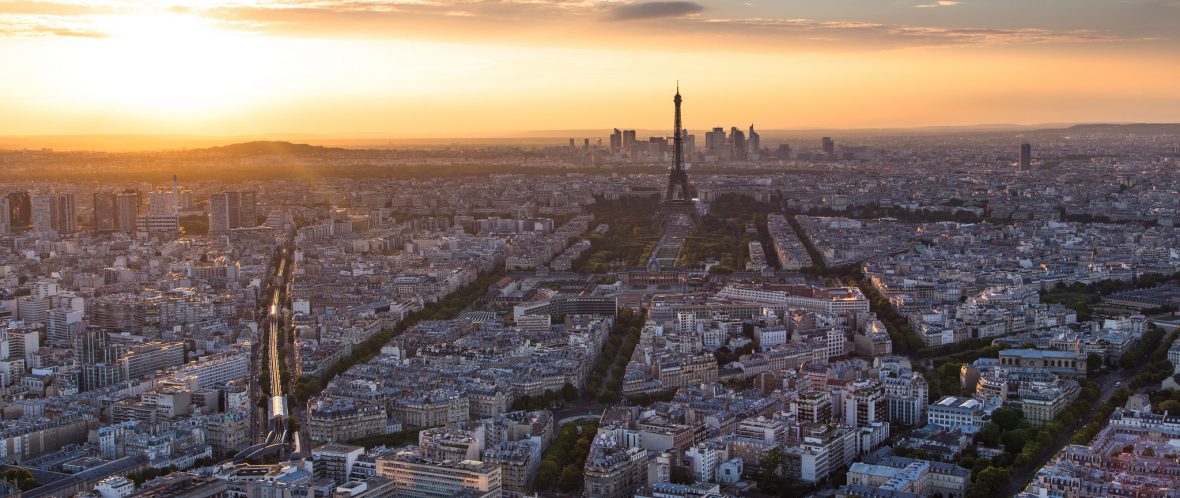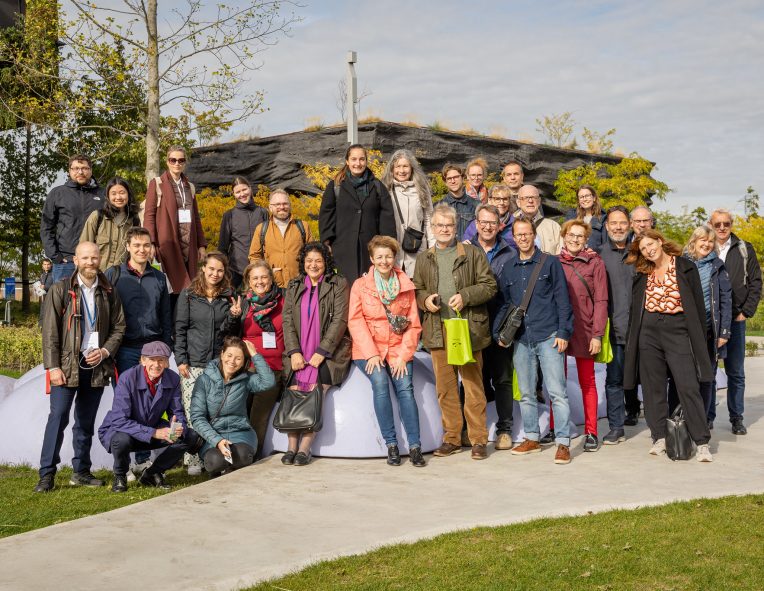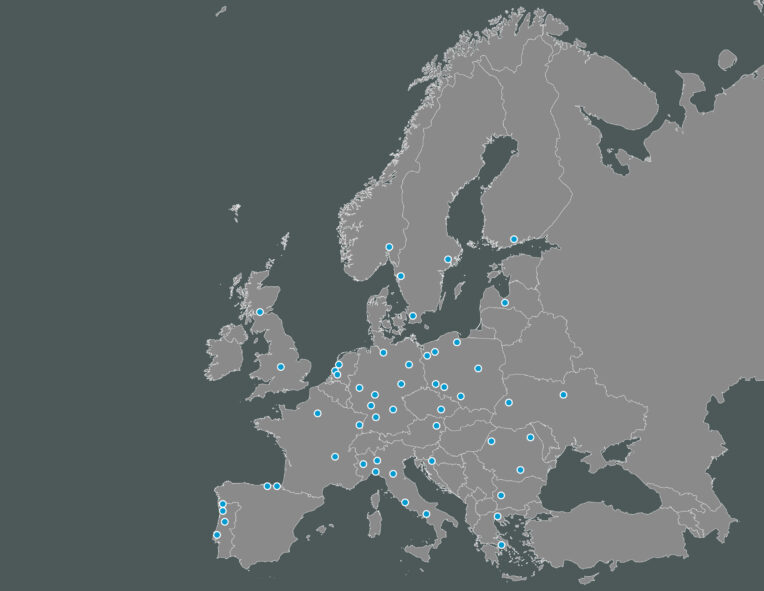The 40th edition of the annual meeting of the French planning agencies will be held on 6, 7 and 8 November 2019 in Île-de-France and will be co-organized by the Institut Paris Region (formerly IAU) and the National Federation of Urban Planning Agencies (Fnau).
This event is open to all with an interest in the issues being discussed.
Lost in Translation
Defended, valued, even erected as a model of urban development, metropolization is now also regularly criticized because it would lead to a division of the national space.
On the one hand, the winning cities – those located in the heart of the metropolises – on the other, villages, small and medium-sized cities, certain rural or peri-urban areas, which would be outside the metropolitan phenomenon and its supposed benefits economic.
This opposition, however, is not obvious. It is, no doubt, less binary than the theses and representations constructed around the notion of territorial fracture suggest. Socio-economic inequalities cross these different types of territories and, for all that, they do not all know the same development trajectories.
Large cities tend to gain population, to concentrate jobs and wealth production, but at the same time, smaller towns or villages generate another model of development, which can be human and innovative at the same time.
How to overcome oppositions and representations that reinforce them? How to make the different territories think and build on the mode of interdependence and not indifference or confrontation? How to create active forms of shared development? What links urban, peri-urban and rural territories? Between their inhabitants? What are the shared amenities?
The answer to these questions may be based on a common postulate: that of the transition that impacts each territory and is based on each one’s own resources. To demonstrate the dependence inseparable territories facing this major challenge, as is the challenge of this 40th meeting.



